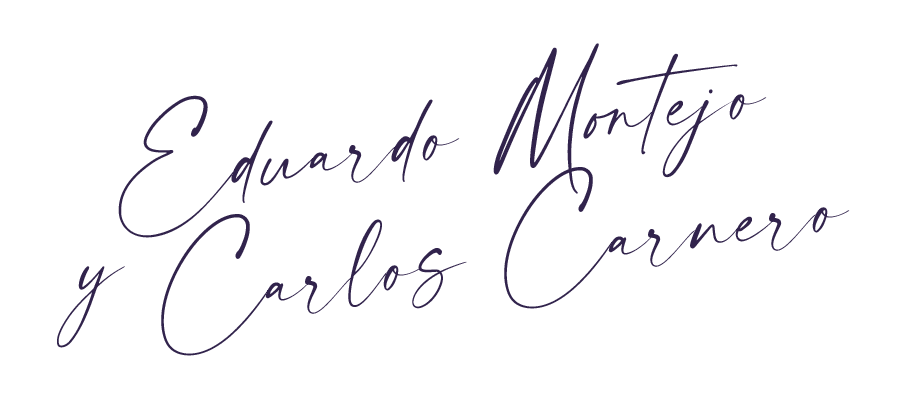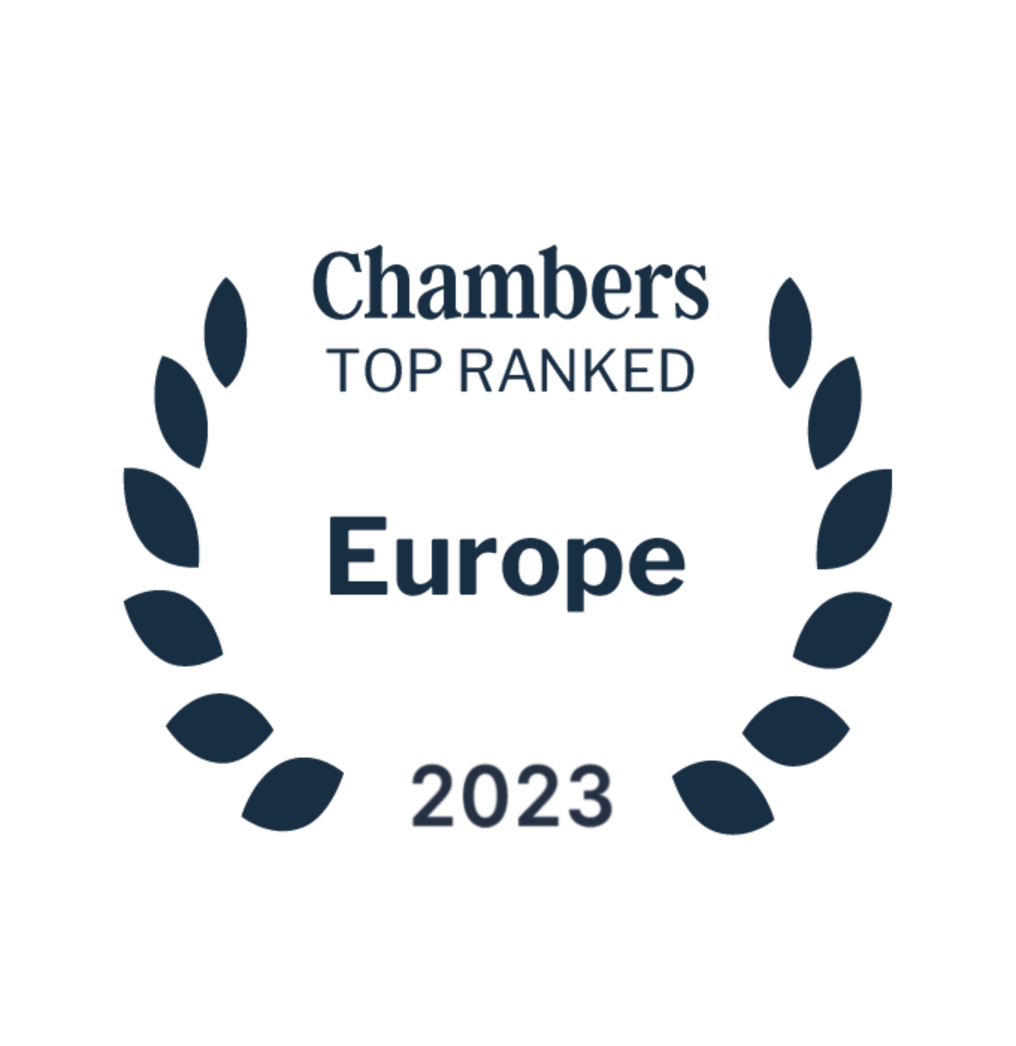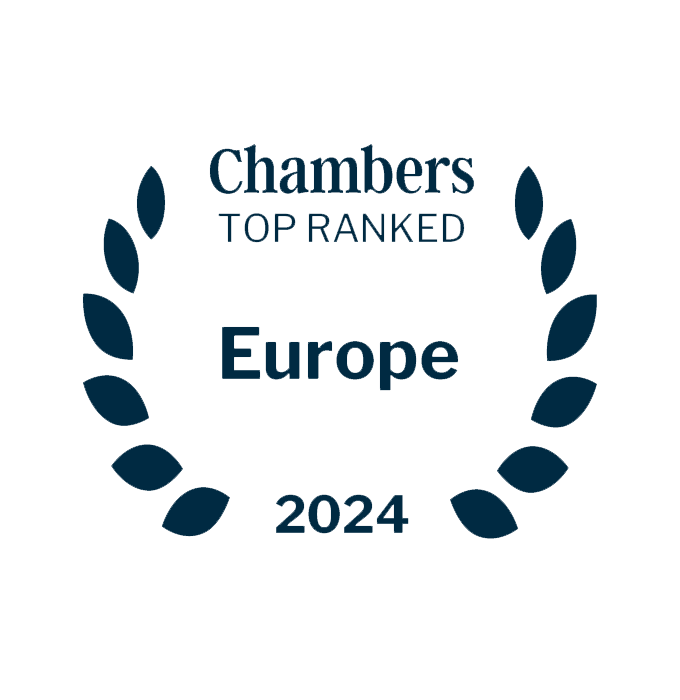Why Spain’s approach to taxing image rights and agency income is discouraging overseas footballers
Transcripción del artículo publicado en LawInSport, escrito por Carlos Carnero y Eduardo Montejo, en el que se aborda como el tratamiento fiscal de los derechos de imagen está desincentivando la contratación de futbolistas extranjeros.
In recent years, there has been an increase in the number of tax investigations into foreign footballers playing in the Spanish Leagues. The investigations have focused around two area of income in particular:
- Image rights income: which is the income that the clubs or sponsors pay to the players or to companies owned by the players, and which is the amount that has to be paid back by the companies to the player.
- Agency income: which is the income paid by the club to the agent of the player, or to the intermediary who participates in the transaction, for the services rendered.
The investigations reveal, above all, a lack of legal certainty in the space that is, in the authors’ view, having a detrimental effect on Spain’s ability to attract top sporting talent. This article examines the points in more depth and offers the authors’ thoughts on potential solutions. The focus is mainly on the football, although the points apply more generally to the whole sports industry.
Background – Spain’s special tax regimes for sports stars
In 2004, the Spanish Government approved an inpatriates’ regime (known as the Beckham Law)1 with the objective of attracting foreign talent to Spain. The main advantages of the regime were:
- Taxation according to a non-residents tax rate (19 to 24,75%, depending on the fiscal year) instead of resident tax rates (around 50%).
- Taxation only on the Spanish sources of income.
- This regime was applicable, generally speaking, in the year the newcomer arrived plus five additional tax years.
From 1 January 2010 an amendment to the regulation limited the regime to individuals that earned no more than 600,000 Euros per year. The amendment was not retroactive effect, meaning existing overseas players (such as Cristiano Ronaldo or Kaká) could carry on under the regime until its expiry date (five years plus the arrival year). The new requirement undoubtedly restricted the application of the regime, effectively preventing to average / top league players (whose wages are usually above 600,000 Euros) from participating.
Finally, from 1 January 2015, the regime was modified again, excluding sportspeople (as categorized in Royal Decree 1006/1985) altogether. Accordingly, the regime no longer exists for overseas players that come to Spain.
Today, Spain continues to lack a clear and advantageous tax regime for overseas players; an approach that is broadly contrary to the tax trends of other European jurisdictions. Most jurisdictions are now trying to incentivize the “import” of football talent to their countries by implementing tax measures to encourage the competitiveness and attractiveness of their national competitions. For example:
- The UK, by the “non-dom” tax regime, has historically stimulated the arrival of foreign investments2 and, specifically in the sports area, this regime is undoubtedly attractive for foreign players that arrive to the UK.
- Similarly, France has incorporated some specific tax rules regarding overseas players3 in order to boost the competitiveness and attractive of the French League. Also, Portugal has modified its internal rules in order to promote foreign talent by certain measures that have resulted in a swift increase in the number of the overseas players 4.
- Lastly, Italy5 has in recent years introduced a specific tax regime6 for overseas players to exclude foreign income from taxation as long as such income has been already taxed in another country (practically, there is a cap of 100,000 Euro to pay on foreign income, no matter how much is earned).
These favorable policies, aimed at enticing overseas players, stand in contrast to Spain’s current regime, which has instead sought a more aggressive approach to ensuring footballers are paying their fair share. As noted in the introduction, the two specific areas that stand out in this regard are image rights and agency income. We shall examine each in turn.
Image rights income
The position of the image rights structures has changed in Spain. Historically, Spanish clubs paid salaries to the player through companies owned by the players in order to avoid the higher tax rate of employment income (vs. company income)7.
In 1996, in order to limit this practice, the Spanish legislator modified the payments to companies by the introduction of the “85/15”8 rule. This rule limits to 15% the total amount that clubs can pay to players (or to companies that own the player´s image rights) for image rights.
However, the Spanish tax authorities in the recent years have taken the position that:
- Those companies are merely an instrument to avoid taxation (as long as the corporate income tax is lower than the personal income tax).
- In some cases, those entities do not have the adequate or the necessary human and material resources to carry out the activity of the company.
- Applying the criteria of the Spanish tax authorities towards transfer pricing rules, the income obtained by the company shall be, in practice, paid directly to the player because of the market value of the image rights assignment. Consequently, it is taxable as personal income tax of the player. In the authors’ experience, the Spanish tax authorities consider that the fair market value of the services that the player provides to the company is the same price that the company perceives from third parties (less the expenses strictly and directly related with the image rights income).
As a consequence, Spanish law9 allows for 15% of the total “salary package” to be paid to the company of the player, but afterwards, the interpretation of the Spanish tax authorities is that the income of the company must be completely allocated into the personal income tax of the player. The interpretation entirely negates the 85/15 rule.
Furthermore, the Spanish tax authorities have informed in some cases about the image rights schemes to the Spanish General Attorney in order to evaluate the possibilities of a criminal offence (beyond the administrative procedure).
In this sense, the General State Lawyers and the Spanish Attorney General consider that if the player’s structure been implemented consciously and deliberately to defraud and to hide the income of different sponsorship agreements, criminal consequences may be applicable10. They have been particularly aggressive towards image rights companies located in tax havens or in territories with a low taxation11.
For this reason, it would be adequate to evaluate if we are in front of a different criterion from an administrative perspective, or if the player has carried out an evasive structure to avoid giving information to the Spanish tax authorities.
Given the above, if Spanish league want to improve their competitiveness in Europe by increasing the arrival of high-profile football players it would, in the author’s view, be advisable to:
- To provide certainty to the taxation framework. The football players, clubs, agent and lawyers should be able to clearly identify the tax rules and the tax criteria in order to be able to follow an accurate application of them.
- To clarify the percentage of the image rights income that is allowed to remain in the company (or confirm if the percentage authorized for the professional companies is applicable for the image rights companies) (i.e. establish a “safe harbor). In this vein, the authors support the UK’s approach12 which provides more legal certainty about how the image rights may be paid to the players. Attending to each player case, the percentage of the image rights may be different because of different factors (such as: position of the player, mediatic impact, social networking position, participation in national teams…).
In order to achieve this, it would be optimal to encourage all parties to work together to find a common solution: Spanish tax authorities, Spanish Football Federation or La Liga. Establishing legal certainty for the would, in the authors’ view, help to attract overseas athletes.
Agency income
As it is common in the sports industry, when a transaction takes place (for example, a transfer of a player to another team, or a contract renewal), an agent or an intermediary provides services in order to make easier an agreement between both parties. It is also common for the club to pay the agent the services he has provided, no matter if the intermediary acted on behalf of the player or the club.
However, some years ago, Spanish tax authorities focused on the following question: who does the agent represent; i.e. whose interests does the agent protect? Usually (but not in all cases), the agent represents or acts on behalf of the player. For this reason, the Spanish tax authorities started an auditing campaign on agency income.
The approach of Spanish tax authorities towards agency income is, in the authors’ experience, as follows. If the services provided by the agent are for the benefit of the player, but the club is the one that pays the agent, then the income that the agent has received should be treated as a taxable income on the personal income tax of the player. On this basis, numerous tax audits were started against players in the Spanish leagues. The Spanish tax authorities tried to demonstrate that the agent acted on behalf and for the benefit of the player, and not on behalf of the club, no matter who paid the agreed fees.
The Spanish tax authorities view was that if the agent acted for the benefit of the player, the player is the one who should pay for the services rendered. Therefore, if the club paid fees to the agent on account of the player, this payment should be taxable as employment income of the player (as a benefit in kind).
The “traditional scheme” (fees paid by the club to the agent) derived in less taxation for the player if the amounts agreed were gross amount; or, for the club if the amounts agreed were net amounts. With the new interpretation, the tax burden of the transactions is substantially increased.
For example: Player A (resident for tax purposes in Spain) renews his contract with a Spanish Club. His agent (resident for tax purposes in Spain) has agreed with the club the following conditions:
- The player will earn five million euros per season (gross).
- The agent, for the services rendered in the transaction, will receive 500,000 euro, plus VAT, for each season the player stays in the club.
We will assume a taxation of 45% (personal income tax).
With the “previous” scheme:
- The player´s taxable income was 5 million euro. The taxes to be paid by the player would be 5*0,45 = 2,25 million euro. Therefore, the net amount to be received by the player would be the following: 5 million – 2,25 million = 2,75 million euro.
- The club may deduct
- The fee paid to the agent (500,000 euro).
- The VAT applicable (21%, so 105,000 euro).
However, with the “new” scheme:
- The player´s taxable income would be 5,605 million euro (5 million of income + 500.000 euro of the fee + 105.000 euro of the VAT applicable). Therefore, the taxes to be paid by the player would be the following: 5,605*0,45 = 2.522.250 euro. Hence, the net amount to be perceived by the player would be the following: 5.000.000 – 2.522.250 = 2.477.750 euro. Consequently, and additional amount of 272.500 euro has to be borne by the player, because the fee paid is not deductible for personal income tax purposes.
- The club may deduct the fee with VAT paid as a deductible expense, but not the VAT itself, that would be considered as more salary for the player13.
It is clear which scheme is preferred by the Spanish tax authorities. So their presumption in all cases is that the agent acts for the benefit of the player, and they require the taxpayer to prove otherwise. However, if the agent or the intermediary acts for the benefit or on behalf of the club, the new criteria should not be applicable, because the agent does not represent the player´s interest, and therefore, no payment on account should take place.
For the moment, no criminal procedures have arisen on this matter. Some players have questioned the interpretation of the Spanish tax authorities and have appealed the decisions raised from the Tax Audits.
Other countries have followed different paths with regard to the taxation of the agency fees.
- In France14, if the agency fees are paid by the club on behalf of the player (when the agent acts for the benefit of the player), it should be considered as salary income for the player. Therefore, the income would be taxable in France for personal income tax and social contributions purposes. Nevertheless, the agency fees paid should be deductible for the player for personal income tax purposes (which is not deductible in Spain), being the social security contributions due. Therefore, there is no tax effect for the Player, except from social security contributions.
- In Italy15, the treatment is practically the same as it is in Spain. The agency fees paid by the club on behalf of the player (when the agent acts for the benefit of the player) are considered by the Italian tax authorities as a fringe benefit, and, consequently, such amount would be treated as an employment income (and taxable for the player). The player would not deduct such payment from his personal income tax return.
- However, in the UK16, HMRC has approached the issue from an admirably practical standpoint. In the vast majority of the cases, the same agent advised both the player and the club signing him. Therefore, HMRC accepts that the services have been provided and received on a 50:50 basis (half for the player, half for the club). This split is not formally written down, but in practice, is a kind of “safe harbor” to avoid tax issues with HMRC and to avoid the argument about who acted for the benefit or on behalf of whom. HMRC assumes that 50% of the work is performed representing the club (helping them to sign the player) and 50% representing the player (helping him to find a suitable club and a good deal). With the split, the 50% of the services provided by the agent on behalf of the player are taxable on the personal income tax as a benefit in kind (the fee plus the VAT, if applicable).
A different approach may be applicable, but it should be backed by hard evidence that the agent has done more work for one party rather than the other (generally, this is tried in situations that it is possible to show that more work was done on behalf of the club).
Round up
As most readers will be familiar with, Spanish tax authorities started to focus on sportspeople (and mainly on football players) some years ago, which has, in the authors’ experience, drastically reduced the attractiveness of Spain as a sporting destination for talent. To help improve matters, the authors’ advocate that:
- regarding image rights, it would be desirable that some percentages or limits were approved in order to provide certainty and some kind of “safe harbor” to the sector; and
- with respect to the agency income, it would be good that a specific regulation would be approved in order to know the income that is taxable on the personal income tax of the player. It could be a good idea to establish a 50-50 rule, as it is commonly done in the United Kingdom.





